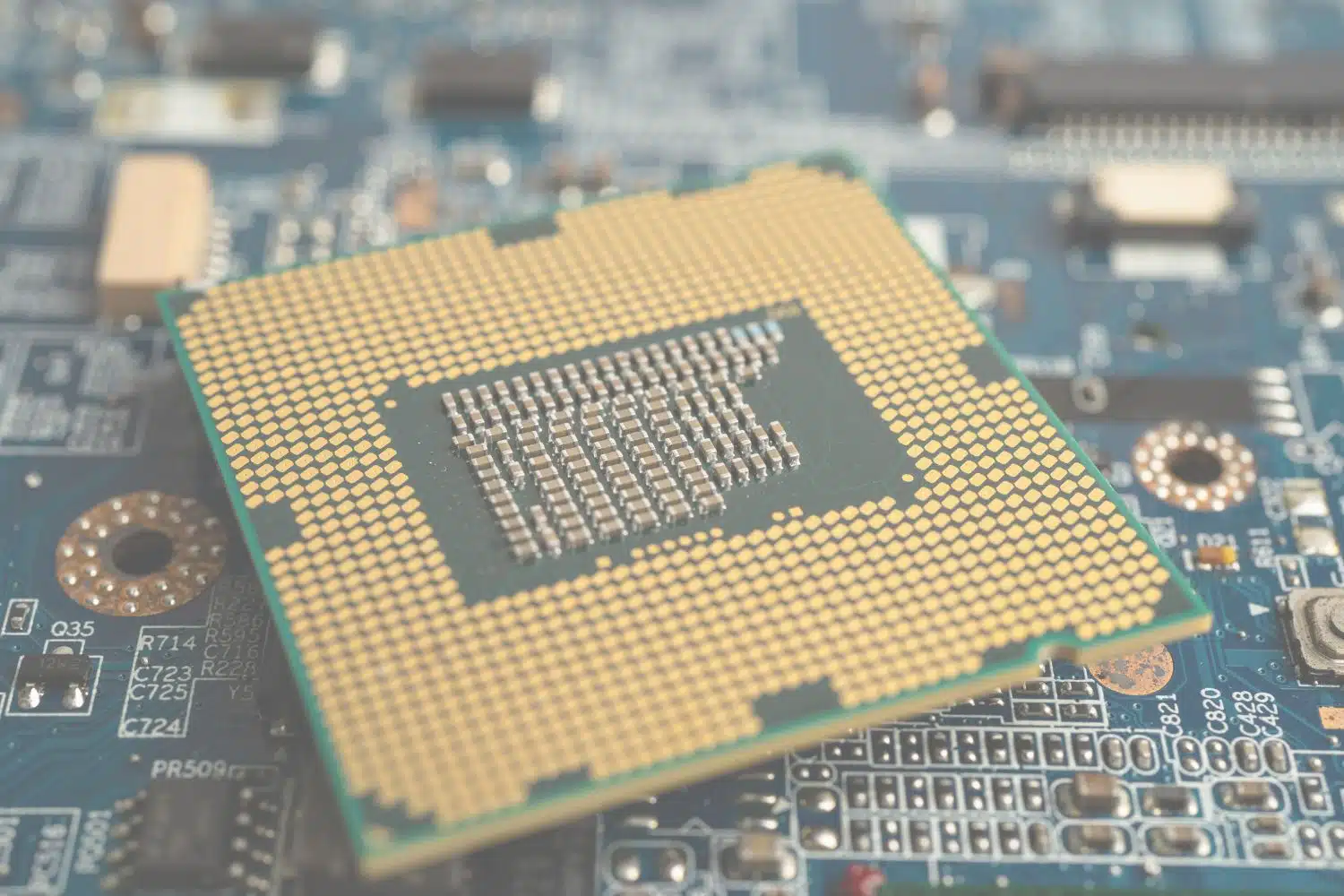18.03.2019

Vulkan is a programming interface (API) with a focus on 2D and 3D graphics. As it was planned as the successor to OpenGL, the API was initially called Next Generation OpenGL or glNext. As a so-called low-level API or low-overhead API, Vulkan enables programming that is closer to the hardware than DirectX, for example, and gives developers direct access and thus more control over the graphics unit. In addition, the work can be better distributed across the various CPU cores. All this increases computing power and efficiency while reducing the number of drivers and driver overhead.
Good to know: What is DirectX?
Vulkan was developed by the Khronos Group. It is based on AMD's low-level API Mantle, i.e. it was built on Mantle components. AMD had donated its API to the Khronos Group. This gave them a basis for developing their own low-level API, which could then be used as a cross-platform standard for the entire industry. Vulkan was first announced at the GDC in 2015 and was released in February 2016. The current version is 1.1.101 and dates from February 2019.
Vulkan is open source and cross-platform and is supported by all major hardware manufacturers such as Intel, AMD and Nvidia. It is also compatible with various operating systems and can therefore be used on Windows, Linux, Android, macOS, iOS and others. As a result, Vulkan also runs on a wide range of devices such as PCs, consoles, smartphones and embedded platforms.
More information can be found at Techcrunch and golem.de.

Edge AI is the combination of artificial intelligence and local data processing directly at the poin...

This was our start to the new year: the current memory and CPU situation continues to have a major i...

There is currently a global crisis in the areas of RAM bars and CPUs. What began last summer as a mo...
You need to load content from reCAPTCHA to submit the form. Please note that doing so will share data with third-party providers.
More Information